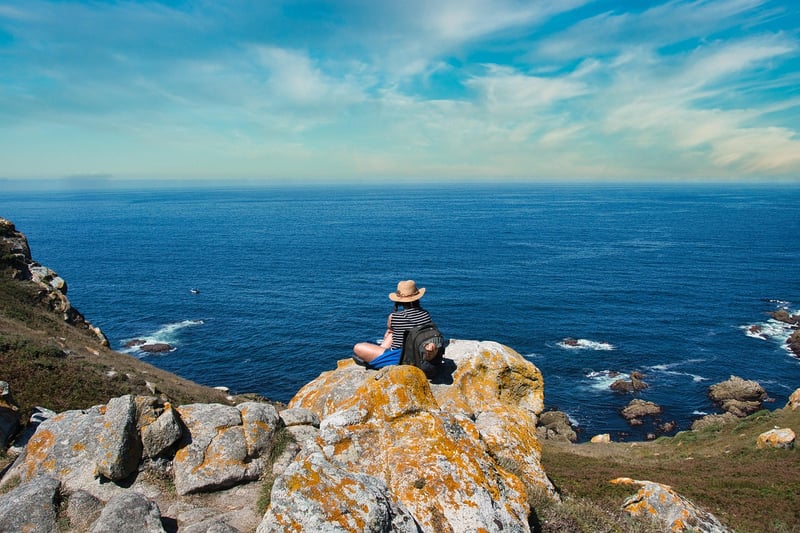Safety Tips
Plan Your Adventure: Safety Tips for Outdoor Explorers
Introduction
Embarking on an outdoor adventure can be an exhilarating experience, allowing you to connect with nature and explore new surroundings. However, it's crucial to prioritize safety to ensure a smooth and enjoyable journey. From hiking in the mountains to camping in the wilderness, here are some essential safety tips to consider before you set off on your next outdoor escapade.
1. Research Your Destination
Before heading out, take the time to research your destination thoroughly. Familiarize yourself with the terrain, weather conditions, local wildlife, and any potential hazards you may encounter along the way. This knowledge will help you prepare adequately and make informed decisions during your adventure.
2. Pack the Essentials
Make sure to pack essential items such as a map, compass, first aid kit, extra clothing, food, water, and emergency supplies. These items can be lifesavers in unexpected situations and will help you stay safe and comfortable throughout your journey.
3. Inform Others
Always inform a friend or family member about your planned itinerary, including your route and expected return time. In case of an emergency, this information can be crucial for search and rescue operations. Consider carrying a personal locator beacon (PLB) or a satellite messenger for added safety.
4. Dress Appropriately
Wear appropriate clothing and footwear for the terrain and weather conditions. Dressing in layers can help you regulate your body temperature and stay comfortable throughout your adventure. Don't forget to protect yourself from the sun by wearing a hat, sunglasses, and sunscreen.
5. Stay Hydrated and Energized
Stay hydrated by drinking plenty of water throughout your journey. Dehydration can lead to fatigue, dizziness, and other health issues. Additionally, pack nutritious snacks to keep your energy levels up and sustain you during long hikes or strenuous activities.
6. Be Mindful of Wildlife
Respect wildlife from a safe distance and avoid feeding or approaching animals. Be aware of potential encounters with wildlife species and know how to react in such situations. Carry bear spray or other deterrents if you're exploring areas known for wildlife sightings.
7. Follow Leave No Trace Principles
Practice Leave No Trace principles by minimizing your impact on the environment. Avoid littering, stay on designated trails, and respect wildlife habitats. Leave nature as you found it to preserve its beauty for future generations to enjoy.
Conclusion
By following these safety tips and guidelines, you can enhance your outdoor adventure while prioritizing your well-being and the environment. Remember that preparation is key to a successful and safe journey, so plan ahead, stay informed, and enjoy the beauty of the great outdoors responsibly.



For more outdoor adventure tips and resources, visit Adventure Safety Guide.
